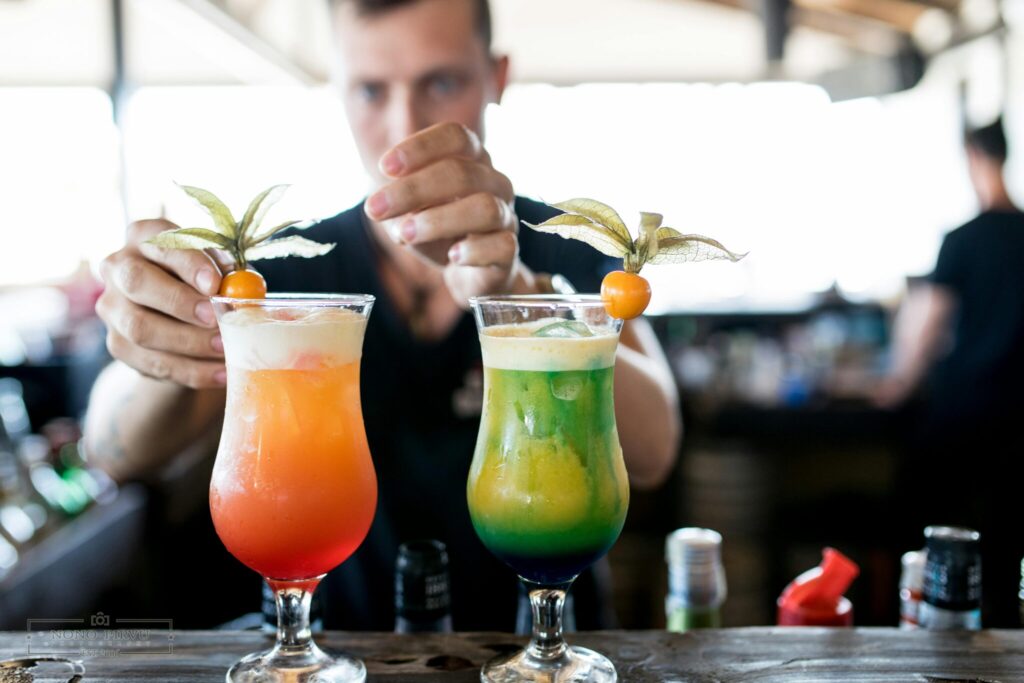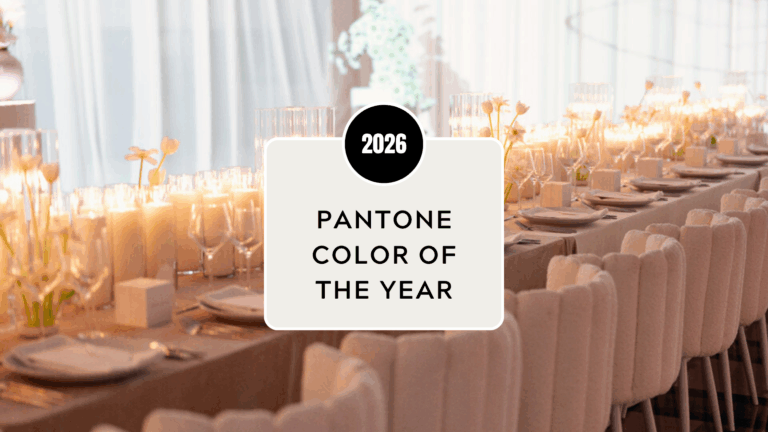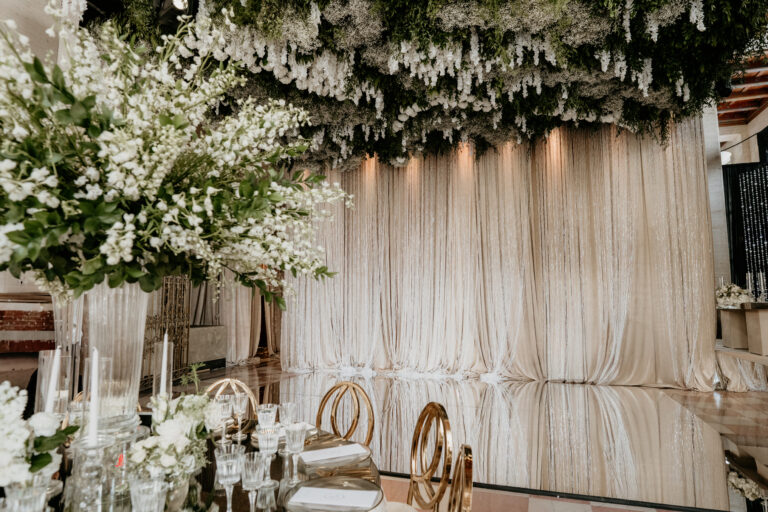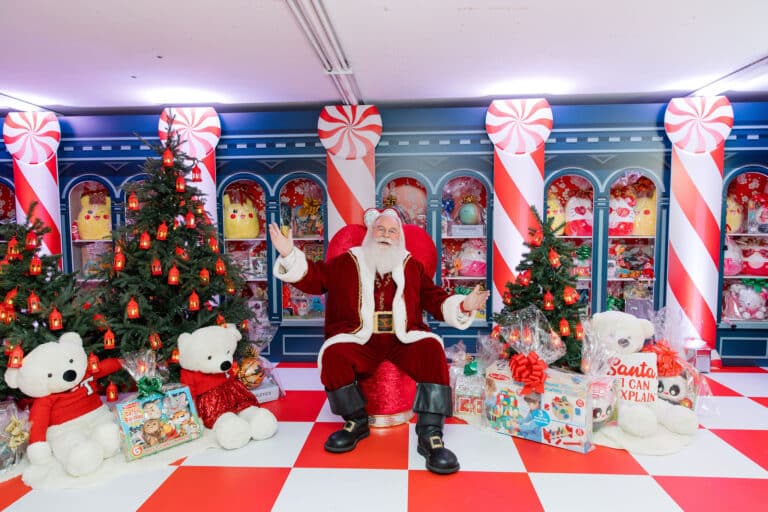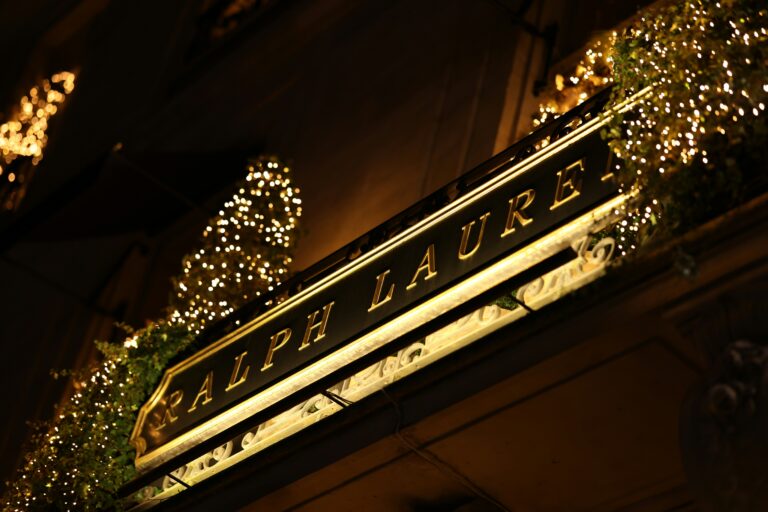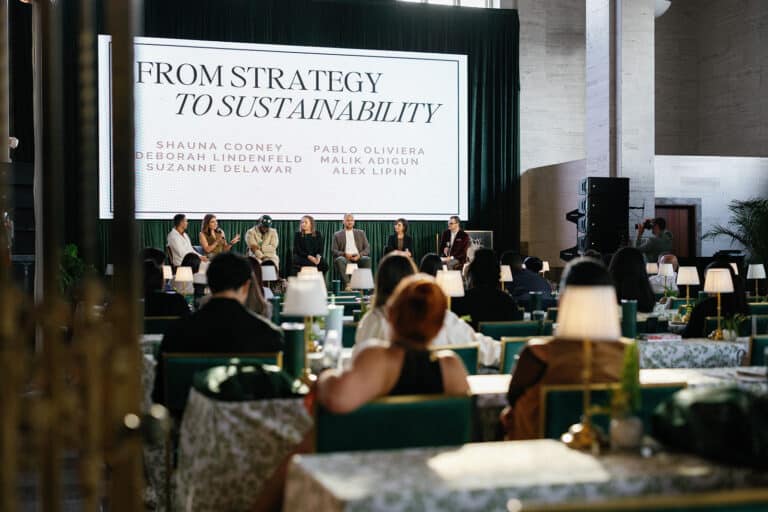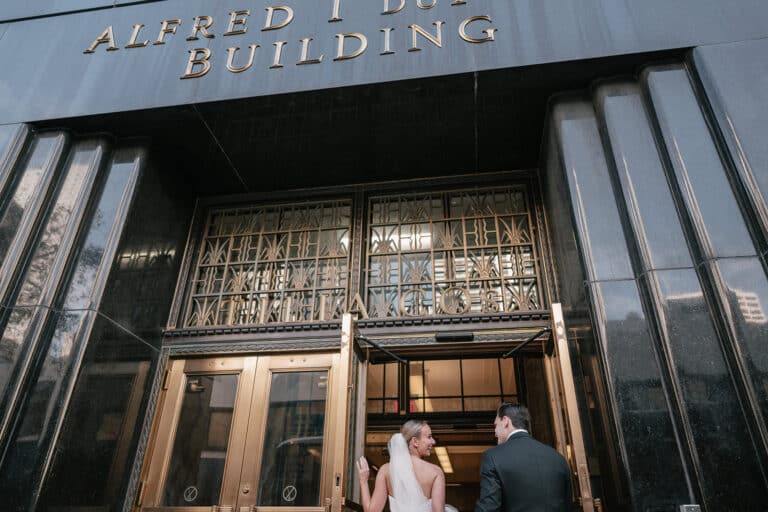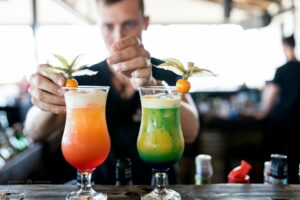
In a world increasingly aware of health and wellness, event organizers are embracing the trend toward inclusivity by offering non-alcoholic drink options, catering to a demographic eager for such alternatives. As we step into 2024, the movement toward healthy hedonism continues to gain momentum, driven predominantly by a younger audience that values wellness alongside social enjoyment.
Recent studies underscore this shift, with a significant portion of young Americans expressing a preference for events that provide choices beyond traditional alcoholic beverages. The rising popularity of these events on platforms like Eventbrite indicates a broader cultural shift, reflecting a growing interest in sober or low-alcohol social experiences.
The evolution of the sober-curious trend is mirrored in the array of events catering to diverse interests, from alcohol-free mixology classes to mindful movement and social gatherings, underscoring that the appeal of such events transcends a single demographic or activity type.
Event planners like Sarah Jennings, who orchestrates the Zero-Proof Party series, highlight 2024 as a pivotal year for expanding non-alcoholic offerings in various social settings. “The emphasis is on creating inclusive environments where everyone feels welcome, regardless of their drinking preferences,” Jennings notes. She emphasizes that the essence of these gatherings lies in their ability to foster genuine connections, unencumbered by the need for alcohol.
Innovative event concepts are emerging, with activities designed to facilitate interaction and enjoyment without the crutch of alcohol. For instance, sober karaoke nights and creative workshops provide unique avenues for engagement, breaking down social barriers and enhancing the overall experience.
The hospitality sector is also adapting, with establishments like The Mindful Bar in New York innovating their beverage programs to include an array of non-alcoholic concoctions. “Our goal is to demystify the notion that fun and alcohol are synonymous,” explains the bar’s manager, Olivia Martin.
Beyond traditional venues, the trend extends to unconventional spaces, offering a fresh take on socializing. From fitness studios hosting sober dance parties to art galleries transforming into evening gathering spots, the landscape of social events is diversifying.
The success of these initiatives speaks to a broader desire for meaningful social experiences, where the focus shifts from drinking to connecting. As more people explore sobriety or simply seek healthier alternatives, the scope for creative, inclusive events continues to expand.
As we embrace this evolving landscape, it becomes clear that the future of social gatherings at The Historic Alfred I. duPont Building in Miami is not just about accommodating different preferences but celebrating them, creating a rich tapestry of experiences that resonate with a wide audience. The journey toward more inclusive events is not just a trend but a reflection of a changing society, one that values well-being and genuine connections.
